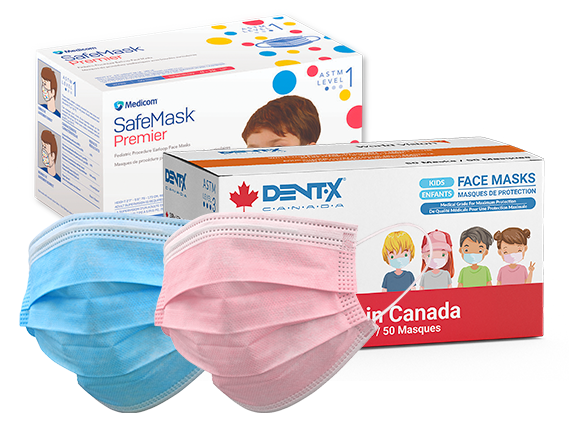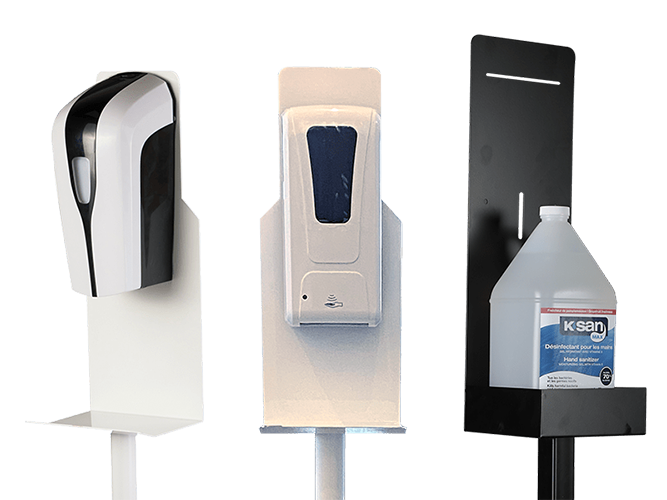Omicron
Most of you have now heard of the latest SARS-COV-2 variant, Omicron. Omicron was named a Variant of Concern (VOC) by the World Health Organization (WHO) on the 26th of November 2021. After Alpha, Beta, Gamma and more recently, Delta – Omicron is the fifth WHO-named variant. Omicron is also known as B.1.1.529, just as Delta was B.1.617.2.
Omicron was first identified by researchers in South Africa, and may have originated in that country, however by early December 2021, it was quickly making its way around the world and had been detected in over 50 countries. Scientists in South Africa were concerned about Omicron because it appeared to be quite contagious and contained an unusually high number of mutations, 60 in total, of which 32 were in the key spike protein. The spike protein of SARS-COV-2 is the antigenic target of all approved vaccines, leading doctors to worry if the current shots would protect against Omicron.
Soon after its discovery, Omicron began spreading in South Africa and in many other countries, seeming to out-compete the prior dominant variant, Delta. Tests on the serum of previously infected and vaccinated individuals confirmed the concerns of doctors: Omicron was able to significantly – albeit incompletely – evade the prior antibody responses. Previously infected individuals were at higher risk of re-infection with Omicron than they were with Delta. Patients vaccinated with 2 doses of the mRNA vaccines, Pfizer and Moderna, and the viral-vector vaccine, AstraZeneca, were also at increased risk of infection, although this risk improved with recent booster (third) doses.
One piece of yet-unconfirmed good news was that the number of Omicron patients needing critical care such as ICU admission and the number of Covid-19-related deaths seemed attenuated as compared with South Africa’s Delta wave. It is not yet clear if this reduced severity of disease is related to reporting lag, the younger patients infected, patients’ prior partial immunity, or is an intrinsic characteristic of Omicron. Time and further research will no doubt answer these questions.
Omicron seems to completely evade the protection afforded by REGN-COV2, the antibody cocktail made by Regeneron Pharmaceuticals. Similarly, the Eli Lilly antibodies bamlanivimab and etesevimab seem ineffective against the new Omicron variant. Data on the efficacy of Pfizer’s new oral antiviral, Paxlovid, should be available soon, but there is reason for optimism as the mechanism of action does not involve the heavily-mutated Omicron spike protein.
So, what are we to do given that Omicron is already in Canada and probably spreading? First a piece of universally good advice – don’t panic. Second, continue to follow the advice of health authorities with regard to physical distancing, testing and isolation. Also, rest assured that because of the physical nature of the protection afforded by masks, these will remain effective against Omicron, just as they were with all the other variants. No variant has rendered masks ineffective thus far and there is ample reason to believe that there never will be. A well-fitted, properly worn medical mask or respirator – which is used consistently – should continue to offer the wearer protection against Omicron. Also, approved sanitizers, by their chemical action will continue to neutralize Omicron when used according to recommendations. Omicron may replace Delta as the dominant world-wide variant in the near future, just as Delta replaced Alpha, but we know more now about SARS-COV-2 than we ever have and there are numerous ways to protect ourselves and the ones we love.
Until next time, stay safe and mask up!
Medical Advice Disclaimer
DISCLAIMER: THIS WEBSITE DOES NOT PROVIDE MEDICAL ADVICE
The information, including but not limited to, text, graphics, images and other material contained on this website are for informational purposes only. No material on this site is intended to be a substitute for professional medical advice, diagnosis or treatment. Always seek the advice of your physician or other qualified health care provider with any questions you may have regarding a medical condition or treatment and before undertaking a new health care regimen, and never disregard professional medical advice or delay in seeking it because of something you have read on this website.







































